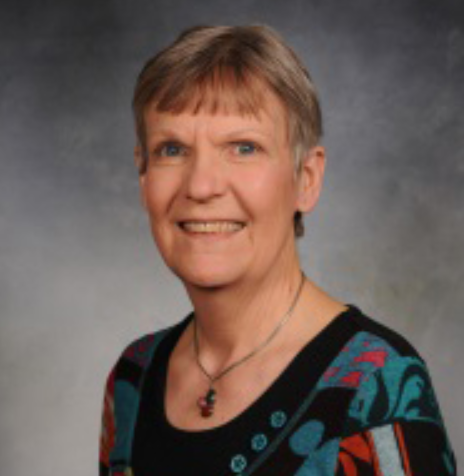
Before the month of February passes us by, I want to share some great resources related to heart health. “Heart disease” is a catch-all phrase for a variety of conditions that affect the heart’s structure and function. The most common type of heart disease is coronary heart disease. In fact, when people talk about “heart disease” they often mean coronary heart disease.
Coronary heart disease occurs when plaque (a combination of fat, cholesterol, calcium, and other substances found in the blood) builds up in your arteries. You may have heard this called clogged arteries of atherosclerosis. The plaque reduces the amount of oxygen-rich blood getting to your heart, which can cause chest pain (also called angina). Plaque can also lead to blood clots, which block blood flow and are the most common cause of a heart attack.
There are several things you can do to protect yourself from cardiovascular diseases. These include:
•Ask your doctor aboutyour blood pressure, cholesterol, and A1C.•Reduce the sodium, and increase the fruits, vegetables, and whole grains in your diet.•Be physically active.•Maintain a healthy weight.•Do not smoke.•Manage stress.•Keep diabetes under control.
A fact sheet on the National Heart, Lung and Blood Institute web site goes a step further by reinforcing a self-care routine that can help your heart. Besides keeping tabs on the bullet points listed above, part of self-care is knowing your health status. Even during uncertain and busy times, it is important to get your blood pressure, blood sugar, and cholesterol levels checked.
What are the obstacles to self-care? Three obstacles are noted in the fact sheet. They include:
•Lack of confidence in one’s ability to make a change•Depression•Having more than one health concern.
Many studies show that having positive, close relationships and feeling connected to others helps our blood pressure, weight, overall health, and more. Self-care includes being patient with your body. You may not see or feel the results of your efforts right away. But small steps can lead to big progress. When we take care of #OurHearts as part of our self-care, we set an example for others to do the same. Visit hearttruth.gov for resources and tools to help you and your loved ones make heart-healthy lifestyle changes.
Donna Krug is the District Director and Family & Consumer Science Agent, with K-State Research & Extension - Cottonwood Extension District. You may reach her at: (620)793-1910 or [email protected]






